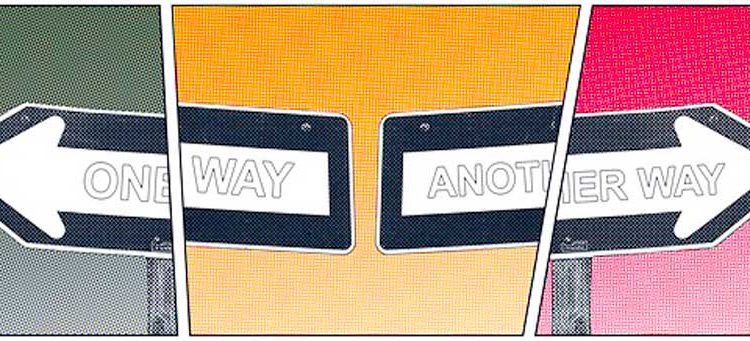Not your grandmother’s outline Today’s post focuses on what I call the action-tracking outline, an outlining/tracking tool that might change the way you think about the “O” word. I’ve published seven novels with the big houses and I’m the author of two upcoming novels in their final stages of revision and polish–and this tool is one of the best in my writer’s toolbox. Yes, I’m talking the “O” word We’ve all heard the debate about ‘pantzers’ and ‘outliners’ and you can find many wise bloggers waxing on pros and cons of one or the other or both. That’s not what …
Action-Tracking Outline: Best Writing Tool Ever






